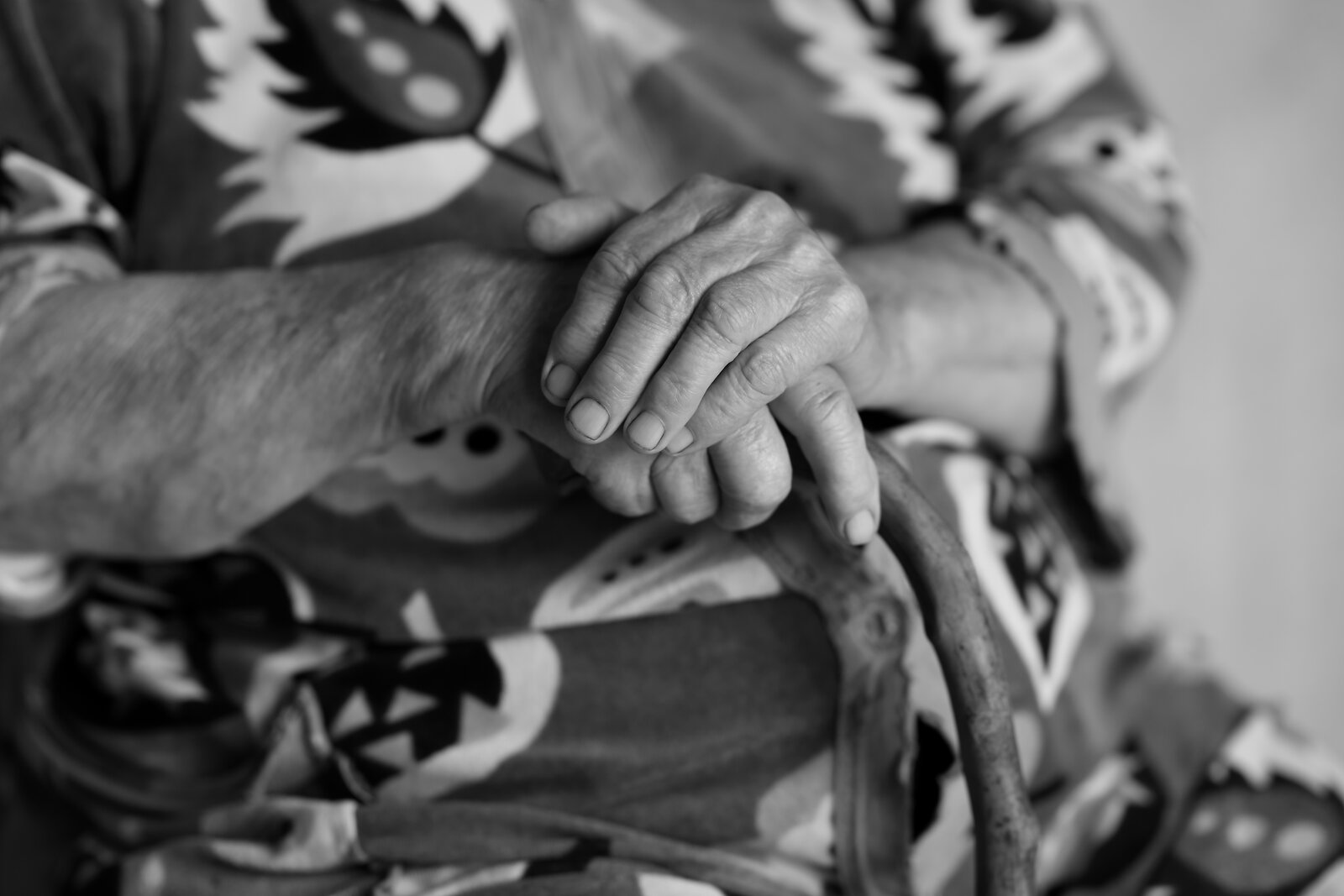People with mental health conditions face a double challenge. On the one hand, they struggle with their illness, and on the other, they face stereotypes and discrimination in society. All this makes their recovery and reintegration much more difficult. Caritas Czech Republic is raising awareness in society about the need to reduce stigma and negative labelling of people with mental health problems.
Myths misinform and delay the reintegration of people with mental health problems
Mental health problems are complex and difficult to understand. That is why there are many myths and prejudices about mental health problems that distort society's perception of the reality of living with mental health problems. We have put together the most common myths about mental health problems and explain why they are false.
1) People with mental illnesses are violent and dangerous
The fact that someone has a mental illness does not mean that they will also behave violently. People with a mental illness who are receiving treatment are not dangerous. Statistics show that, as a group, people with mental illness are no more violent than any other people. On the contrary, they very often become victims of violence and aggression from others because of side effects such as poverty, social isolation or the use of dangerous substances.
2) Mental illnesses cannot be treated
This prejudice is a big misconception. Contrary to popular belief, the vast majority of people with mental health problems can recover if they receive the right support and treatment.
With the right support, people with mental health problems can recover and lead to better lives. Recovery allows them to live fulfilling, productive lives and to continue to fulfil different roles: as a parent, spouse, friend, sports fan, etc.
The vast majority of people with disabilities or mental health problems are able to lead independent lives in the community if they have the support they need
3) People with mental health problems have low level of intelligence
This myth is also a big untruth. Mental health problems are not related to intelligence level, socio-economic status, education, culture, religion or gender. Mental illness can affect anyone, anywhere and at any age. Each of us is at risk of developing a mental health problem during our lifetime.
However, it is true that untreated mental illness can affect a person's lifestyle. This is why early diagnosis and early treatment are extremely important in order to maintain the previous quality of life a person previously had.
4) People with a mental illness should be isolated from the community in hospital
Until recently people with mental health problems were isolated in hospitals. Since the 1960s, more and more countries have begun to abandon this practice. Research has shown that in isolation and without freedom, recovery is much more difficult.
The World Health Organization (WHO) says that large psychiatric institutions are no longer the best option for patients and families. These institutions lead to loss of social skills, excessive restrictions, violation of human rights, dependency and reduced chances of rehabilitation. Instead, the WHO recommends developing a community-based system of treatment with the support of specialists, family and friends. However, if hospital admission is necessary, it should be generally limited to a few weeks.
Thanks to modern medication and treatments, most people with mental health problems can be treated in the community where they live, where they feel at home.
However, we should make sure that these people have sufficient support in the community in terms of accommodation, rehabilitation, leisure or reintegration into work.
5) People who have suffered from a mental illness can no longer work
Recovered people have the potential to succeed in the full spectrum of jobs, similar to other people. The motivation to work is generally high in recovered people, and to succeed in working life they need a supportive environment and a non-judgmental approach.
6) Mental health is not related to physical health
Again, this is not true. Mental health is interlinked with physical health and should not be treated separately, as one influences the other. A healthy lifestyle, an active routine of healthy eating, exercise, walking, being outdoors, getting enough sleep are important parts of the recovery process when it comes to mental health.
Caritas Czech Republic, in partnership with Centre for Mental Health Care Development from Praque, run a project which aims to strengthen the capacities of local actors to ensure sustainable changes in the social and mental health services system in the Republic of Moldova. As part of this initiative, a group of recovered persons from among people with mental health condition will become living examples of healing and hope for people going through such illness.
This article was created based on resources from the training course "Empowering Peer Supporters" conducted within the project "Capacity Building for Ensuring Sustainable Changes in the Social Services System in Moldova" implemented by Caritas Czech Republic in Moldova and the Centre for Mental Health Development in Prague and funded by the Czech Development Agency and the Ministry of Foreign Affairs of the Czech Republic.










